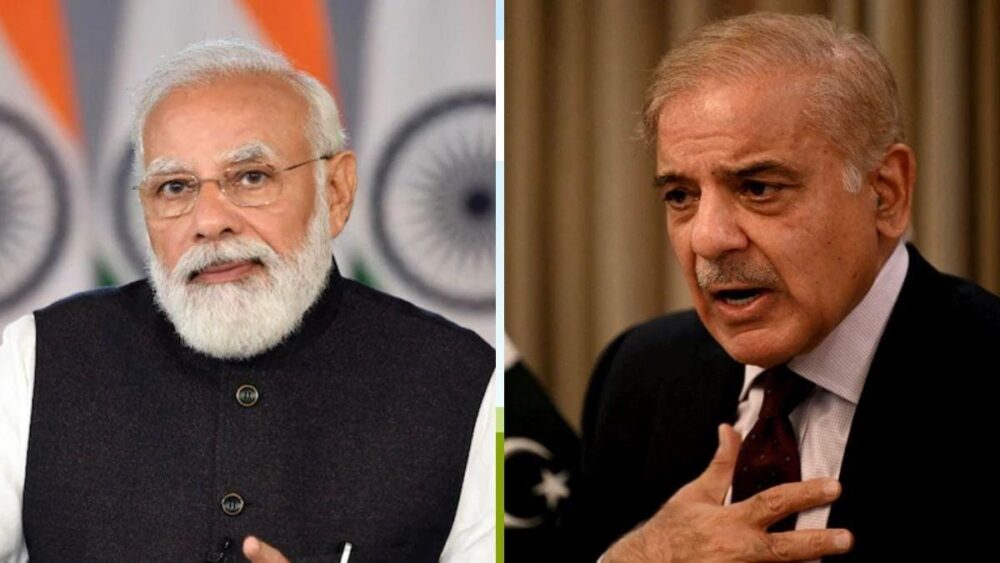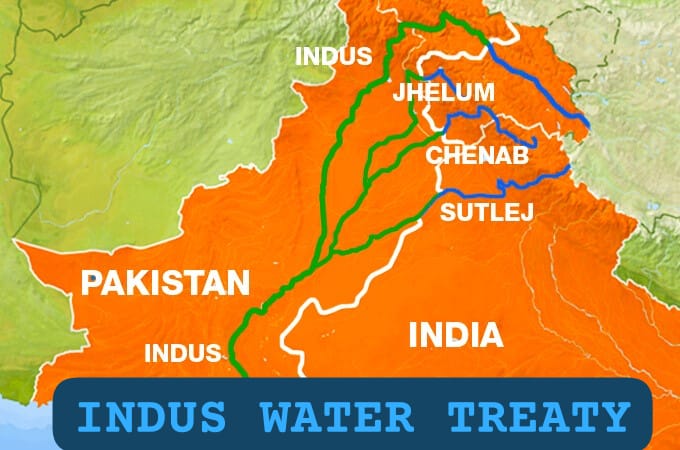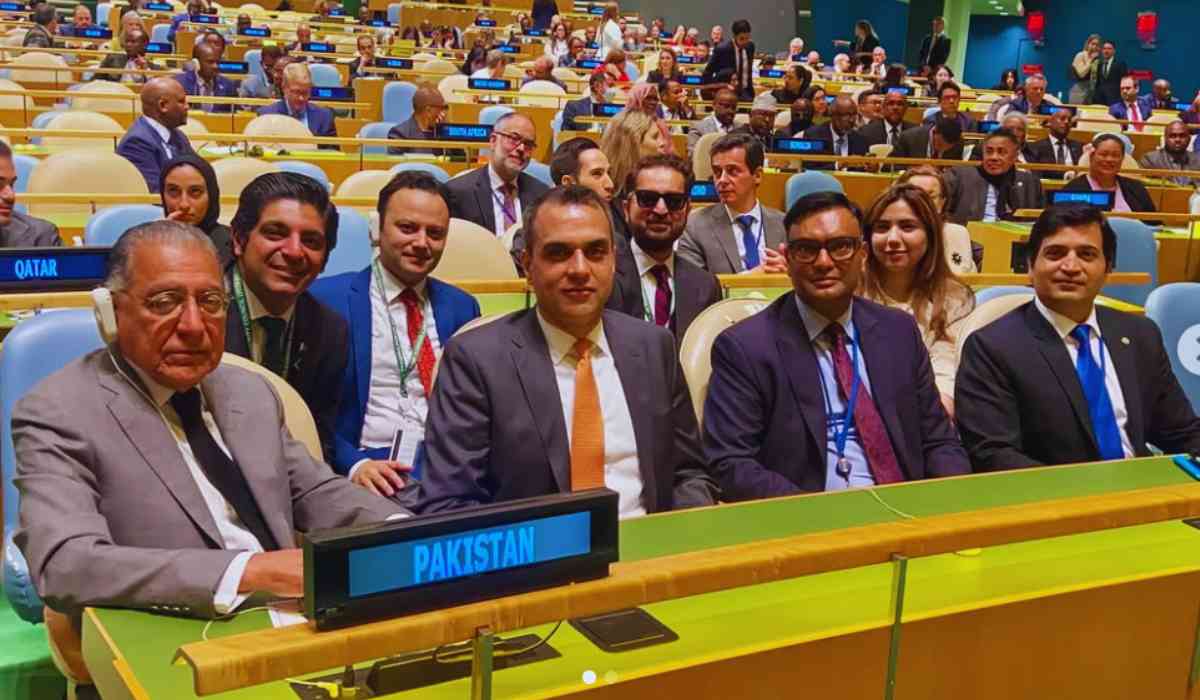The Confession and Its Implications
The recent Pahalgam terror attack, which claimed 26 lives, has intensified tensions between India and Pakistan. At the heart of the controversy lies a statement by Pakistan’s Defence Minister Khwaja Asif, who admitted during a Sky News interview that Pakistan had historically funded and trained militant groups. India’s UN envoy, Yojna Patel, labeled this an “open confession,” arguing it proves Pakistan’s role as a state sponsor of terrorism.

However, Asif later contradicted himself, suggesting the attack might be a “false flag” operation by India-a claim widely dismissed by analysts. The Resistance Front (TRF), a proxy of Pakistan-based Lashkar-e-Taiba (LeT), claimed responsibility for the attack, further complicating Islamabad’s denials. While Asif’s remarks damage Pakistan’s credibility, direct evidence linking its current government to the Pahalgam attack remains elusive.
India’s Diplomatic Offensive
In response to the attack, India launched a multi-pronged strategy. It suspended the 1960 Indus Waters Treaty, halted cross-border trade at Attari, and scaled back diplomatic staff in Pakistan. At the UN, India positioned itself as a victim of cross-border terrorism, urging global accountability for Pakistan.

The Security Council condemned the attack but stopped short of explicitly blaming Islamabad. Meanwhile, Pakistan called for an international probe involving Russia and China-a move seen as an attempt to counterbalance India’s narrative. While India’s measures signal resolve, critics argue they lack the teeth to dismantle terror networks operating from Pakistani soil.
The Weakness Debate: Is India’s Strategy Effective?
India’s reliance on economic and bureaucratic measures raises questions about their long-term impact. Suspending treaties and trade harms both economies but does little to address militant safe havens. Additionally, Pakistan’s contradictory statements-swinging between admitting past support and denying current involvement-have left India struggling to counter the narrative decisively. On the flip side, India’s ability to rally global condemnation reflects its growing geopolitical influence. The attack’s timing during peak tourist season also highlighted the human cost of unresolved tensions, drawing international attention. However, without a concrete plan to collaborate with allies on counterterrorism, India’s approach risks being seen as reactive rather than strategic.
%20(7).jpg)
The Pahalgam attack underscores a complex dynamic. Pakistan’s credibility crisis deepens with Asif’s inconsistent remarks, making it harder to deflect blame. Yet, India’s “rogue state” narrative remains partially circumstantial without direct evidence of Pakistan’s current involvement. New Delhi’s punitive measures, while symbolically strong, may escalate tensions without delivering security gains. Globally, the UN’s call for “dialogue” lacks enforcement mechanisms, allowing both nations to prioritize rhetoric over reconciliation. The situation exposes a shared vulnerability: neither country has a clear roadmap to address cross-border militancy collaboratively.
The Way Forward
For India, leveraging intelligence-sharing partnerships and advocating for stricter global terror financing laws could prove more effective than symbolic sanctions. Pakistan, meanwhile, must reconcile its dual identity as both a victim and alleged sponsor of terrorism to rebuild international trust. The Pahalgam attack has laid bare the limitations of both nations’ strategies. While Pakistan’s admission of past misdeeds bolsters India’s claims, New Delhi’s focus on punitive measures risks overshadowing the need for systemic solutions. The path forward demands cooperation, not just condemnation-a lesson both nations have yet to fully embrace.
With inputs from agencies
Image Source: Multiple agencies
© Copyright 2025. All Rights Reserved Powered by Vygr Media.

























